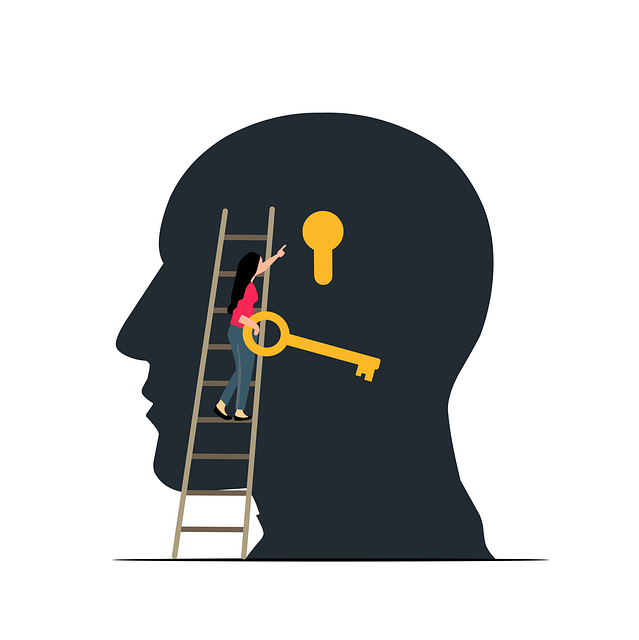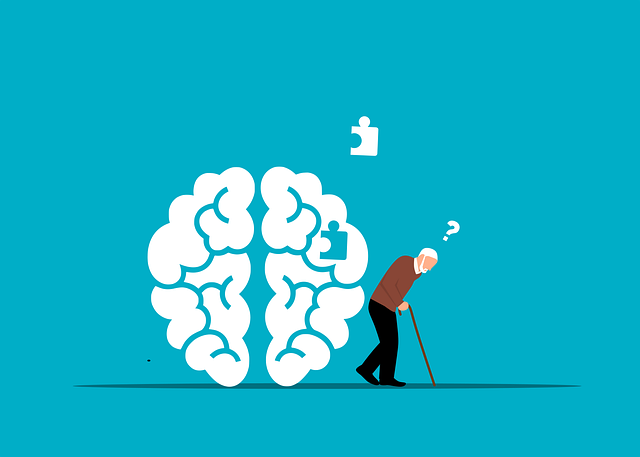Risk assessment is a cornerstone of safe and effective therapy for children anger management. By evaluating trauma history, emotional resilience, and workload, mental health professionals can mitigate dangers. Strategies like mindfulness meditation and empathy-building techniques enhance outcomes. Safe environments encourage expression, fostering anxiety relief and healthier emotions. Crisis intervention guidance and burnout prevention are vital. Organizations specializing in mental health risk assessment offer crucial support for ethical conduct. A multifaceted approach combining communication, emotional intelligence, and cognitive reframing is essential for successful treatment.
Mental health professionals are often on the front line, encountering a diverse range of challenges. This article delves into crucial risk assessment practices essential for their safety and clients’ well-being. We explore key areas such as understanding risk assessment in mental health practice, identifying hazards in child therapy sessions—especially regarding anger management—and ethical considerations. By examining these aspects, professionals can implement effective strategies to ensure safe and positive therapy outcomes for children.
- Understanding Risk Assessment in Mental Health Practice
- Identifying Potential Risks in Child Therapy Sessions
- Anger Management: Assessing and Mitigating Client Hazards
- Ethical Considerations for Mental Health Professionals
- Strategies for Safe and Effective Therapy Implementation
Understanding Risk Assessment in Mental Health Practice

In mental health practice, risk assessment is a critical component that helps professionals identify and mitigate potential dangers within their therapeutic environment. It involves a systematic process of evaluating factors that may pose risks to both clients and practitioners, ensuring safe and effective therapy for children. This includes assessing a range of issues, from a client’s history of trauma or violent behavior to the professional’s own emotional resilience and workload management. By understanding these risks, mental health coaches can tailor their approaches, incorporating strategies such as anger management techniques in therapy sessions to foster positive outcomes.
Mental wellness coaching programs and development play a pivotal role in equipping professionals with the necessary skills for risk assessment and management. These programs often include modules on stress management, which is essential given the high-stress nature of mental health work. Additionally, regular participation in mental wellness podcast series production can provide ongoing support and exposure to cutting-edge research, further enhancing practitioners’ ability to navigate complex cases effectively.
Identifying Potential Risks in Child Therapy Sessions

Identifying potential risks during therapy sessions with children is an essential aspect of mental health practice. Child therapists must be vigilant in recognizing various issues that could arise, especially when addressing sensitive topics like anger management. Children may present with unspoken traumas or underlying conditions that require specialized care. For instance, a child struggling with anger issues might have experienced abuse or neglect, leading to emotional regulation challenges.
The dynamic nature of therapy demands professionals stay alert for signs of distress, disassociation, or even suicidal ideation. Crisis intervention guidance is crucial here, as the therapist must be equipped to handle such situations effectively. By fostering a safe and supportive environment, therapists can encourage children to express their feelings, fears, and experiences, ultimately promoting anxiety relief and facilitating healthier emotional development. Additionally, prioritizing burnout prevention strategies is vital for maintaining the well-being of mental health professionals, ensuring they remain effective guides in these delicate matters.
Anger Management: Assessing and Mitigating Client Hazards

Anger is a natural human emotion, but for individuals struggling with its intense expressions, it can be detrimental to both themselves and others. For mental health professionals working with clients exhibiting anger issues—especially children—a thorough risk assessment is imperative. This process involves identifying potential hazards associated with the client’s anger management and implementing strategies to mitigate those risks effectively.
One valuable tool in managing these risks is mindfulness meditation, which can help clients gain control over their emotions. By teaching them to recognize triggers and understand their feelings, professionals can foster stress management skills. Additionally, empathy building strategies are essential; professionals should cultivate a deep understanding of their client’s perspectives, enabling them to respond calmly during intense situations. These approaches not only enhance the therapeutic process but also contribute to creating a safer environment for all involved.
Ethical Considerations for Mental Health Professionals

Mental health professionals face a unique set of ethical considerations when working with young clients, particularly those dealing with anger management issues in therapy for children. The well-being and safety of both the therapist and the patient must be paramount. When conducting risk assessments, professionals should consider the potential for emotional intensity during sessions, especially when addressing traumatic experiences or intense emotions like anger.
Ethical practice demands that therapists create a safe and supportive environment while maintaining professional boundaries. This may involve implementing stress management workshops within the treatment plan to help children cope with anger in healthy ways. Organizations specializing in risk assessment for mental health professionals can provide valuable guidance on navigating these complex dynamics, ensuring ethical conduct, and mitigating potential risks.
Strategies for Safe and Effective Therapy Implementation

In implementing safe and effective therapy for children, mental health professionals must employ a multifaceted approach that integrates various strategies. Communication strategies are pivotal in establishing trust and open dialogue with young clients. Techniques such as active listening, reflective listening, and non-judgmental expression foster a secure therapeutic environment where children feel comfortable expressing their thoughts and emotions. This, in turn, enhances the therapist’s understanding of the child’s experiences and challenges, enabling more tailored interventions.
Emotional intelligence, both on the part of the therapist and the child, plays a crucial role in anger management. Empathy building strategies help professionals recognize and validate children’s feelings, teaching them to identify and manage their emotions constructively. By modeling appropriate emotional responses and providing cognitive reframing techniques, therapists empower children to handle anger-provoking situations effectively. This not only promotes healthier relationships but also paves the way for positive mental health development in the long term.
Mental health professionals play a vital role in fostering recovery and healing, but they must also be adept at navigating potential risks. By understanding risk assessment techniques, identifying hazards in child therapy sessions, and implementing ethical practices, therapists can ensure safe and effective treatment. Anger management strategies are crucial for mitigating client dangers, especially when working with children who may exhibit intense emotions. Through a comprehensive approach that combines knowledge, skill, and awareness, mental health professionals can create a secure environment, enhance therapeutic outcomes, and provide the best care possible.














